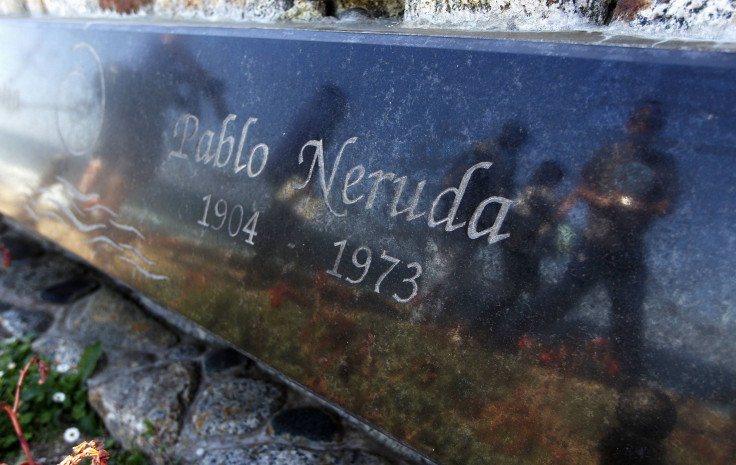
Chilean forensic experts have exhumed of Nobel laureate Pablo Neruda to further the investigation of the 40-year mystery of his death.
"We started with the digging, and we are getting close to the tombstone," said Judge Mario Carroza, who is investigating the case.
Neruda died 12 days after the 1973 coup d'etat that ousted socialist Salvador Allende from Chile's presidency, and brought General August Pinochet to power. The official reason was always deemed prostate cancer.
But two years ago, officials started looking into the possibility that the openly communist poet was in reality poisoned by agents of the Pinochet regime, as Neruda's driver and personal friend Manuel Araya always claimed.
The poet's body was exhumed at 8 a.m. on Monday, but preparations started the day before. His remains are in a tomb at his home in Isla Negra, which has since his death been turned into a museum.
Neruda won the Nobel prize in 1971, and is best known by his alluring love poems, as well as his "Canto General" about South America's people and history.
The Chilean justice gave the green light to the exhumation in June 2011, after a complaint was filed by the Chilean Communist Party of which Neruda was member. The document cites witnesses who say Neruda was healthy up to the day of his death. It claims he did not show any symptoms of advance cancer in any form.
If the claims of poisoning turn out to be true, Neruda will join the more than 3,000 leftists that "disappeared" in the years of Pinochet's dictatorship.
© 2025 Latin Times. All rights reserved. Do not reproduce without permission.




